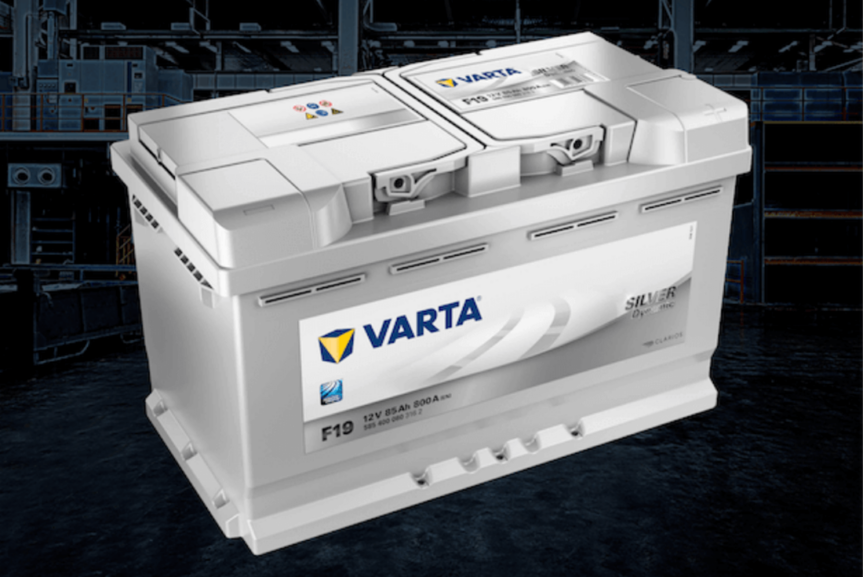Associations from Europe and the US have launched an information platform for the safe transportation, testing and packaging of cells, batteries, vehicles and equipment containing batteries.
On 1 September, the eight associations agreed to raise awareness and provide free information on the requirements concerning the safe transportation of lead-acid, nickel-based, sodium-based and lithium-ion batteries.
The free of charge BatteriesTransport.org website includes general information for shippers, transport operators and end-users. The initiative also includes frequently asked questions and two dedicated eBooks with all relevant testing, packaging, labelling and reporting instructions per transport mode.
The associations are: RECHARGE, EPBA (European Portable Battery Association), EUROBAT, EBRA (European Battery Recycling Association), ACEA (European Automobile Manufacturers’ Association), LEVA-EU (Light Electric Vehicle Association) in Europe and the US association PRBA and MDBTC (Medical Device Battery Transport Council).
A EUROBAT spokesman told BEST: “Transport regulation, and the related packaging and testing standards, have always been important to us and the initiative has been existing for some years now. But it was limited in scope and supporting assocations. We feel, however, that the topic is too important to run it as a side-project and hence have worked on a more comprehensive platform. We are very happy to have broadened the network to so many different supporting associations, and industry sectors. It shows that people take the topic seriously.
“As mentioned, there has already been an existing initiative for some years now but it has never really covered the full supply chain and battery scope. With an increasing production and usage of batteries, also transportation will grow considerably. We as an industry want to make sure that transport regulation is known, understood and applied – at all times.”
The commercial transportation of battery-related articles – via air, sea or road – is subject to international, national and regional regulatory frameworks, which include comprehensive administrative and operational measures to ensure the safe transport at all times. The requirements apply to lead-, lithium-, nickel- and sodium-based batteries likewise.
A joint statement by the associations stated: “Transporting an electro-chemical article, as a prototype, final product or waste, means that specific safety measures must be applied. Failing to comply with the obligations is not just a violation of these regulations but a safety risk that our industry is not willing to accept.
“Representing a responsible industry, we want to ensure that everyone involved in the transport of our batteries and battery-containing products has access to the applicable requirements”.
The BatteriesTransport.org content is revised on a bi-annual basis to reflect the regular changes to the regulatory frameworks.












